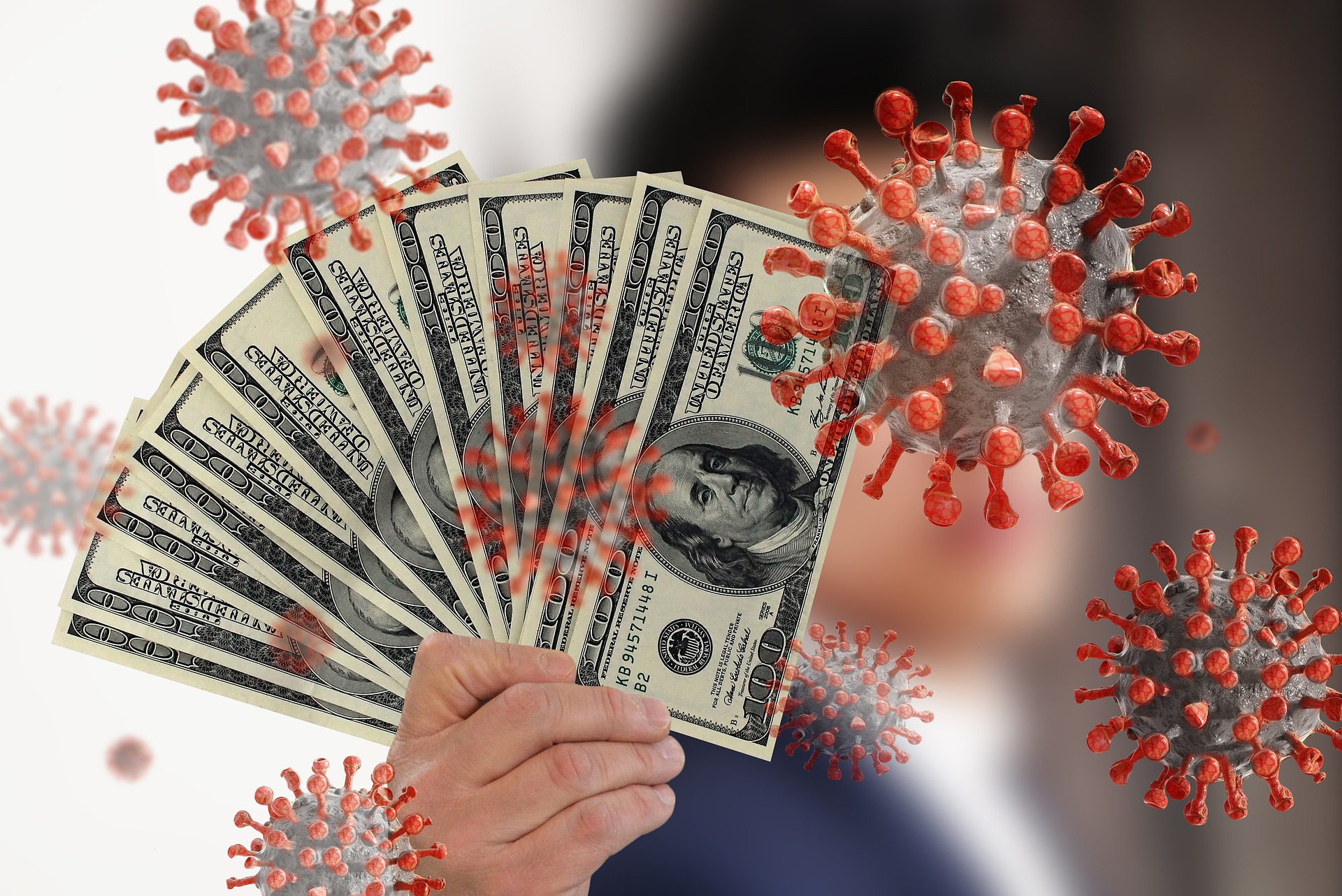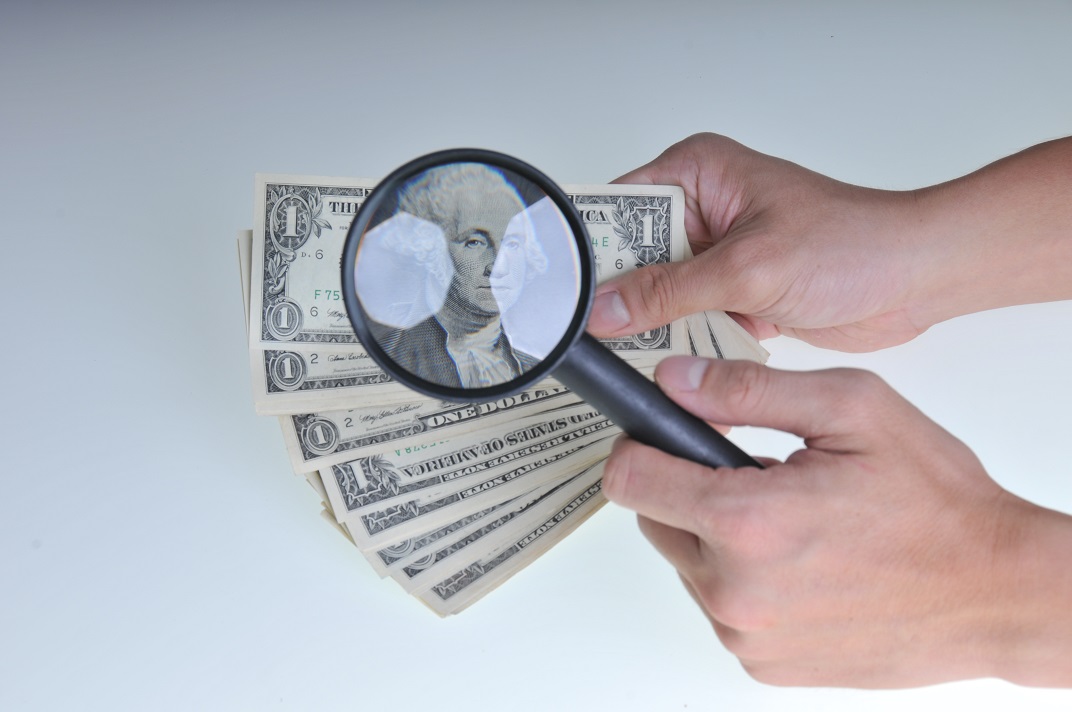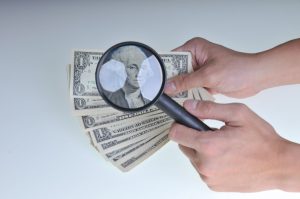 By: Steven Boyne
By: Steven Boyne
COVID-19 has devastated the US economy, including many parts of our Healthcare sector. The Federal Government, along with most States, have begun to respond with various financial incentives, ranging from straight out grants to loans, and everything in between. The following is an overview of some of the assistance that is currently available for the Healthcare community, along with some tips that may assist your company in applying, and what you need to do if you are lucky enough to receive some money:
The CARES Act
- Paycheck Protection Program (the “PPP”). Essentially a grant from the Federal Government for payroll, employee benefits, rent/mortgage, utilities for 8 weeks. This program is available for all small businesses, and is managed through banks and private financial institutions.
TIPS:
- Apply with multiple financial institutions, and whoever comes through first take the loan/grant;
- If you receive the money keep excellent records;
- You can only use the money for W-2 employees, not 1099 contractors;
- There are strict rules with respect to the number of employees, and their maximum salary. The NUMBER of employees before and after the loan is critical, not the actual employee, so if you laid off someone, you don’t have to hire back that particular person, you can use the money for a new employee who fills the same position; and
- If you don’t use all the money for payroll etc, don’t worry, you can either pay it back in a lump sum, or pay it back over time at 1% interest.



 By:
By: